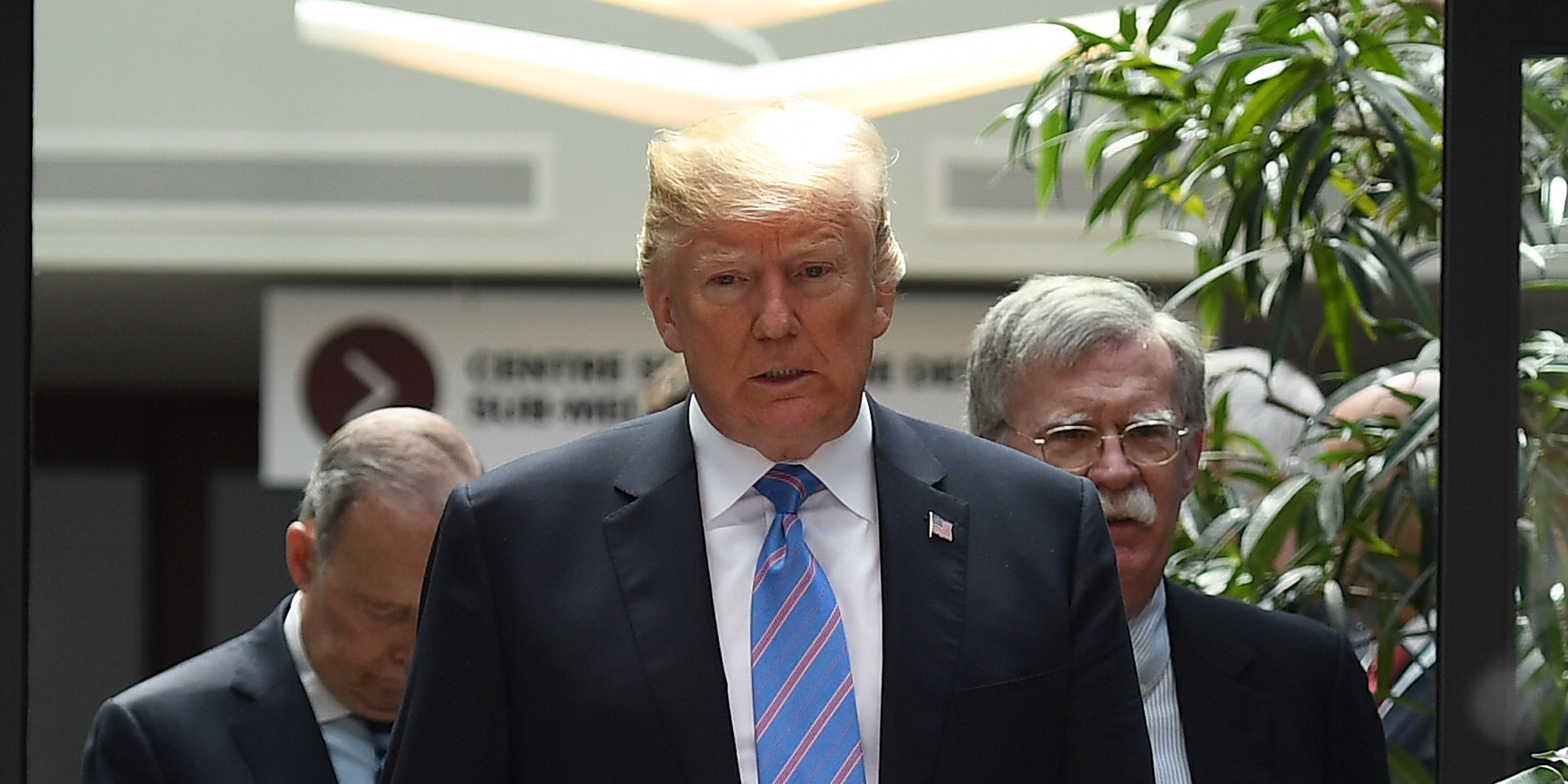- President Trump’s team has already relayed to Congress that a potential deal with North Korea will be subject to congressional approval.
- If an agreement does not rise to the level of a treaty, it could go down the path of the Iran deal, which was an executive agreement.
- Lawmakers want any agreement to hit multiple points, like denuclearization and tackling North Korea’s human-rights abuses.
WASHINGTON – Lawmakers want President Donald Trump to come home from the historic summit with North Korean ruler Kim Jong Un in Singapore with enough diplomatic progress that will ultimately lead to an official treaty ready for the Senate to ratify with a two-thirds majority vote.
But the prospect might be too difficult, and Senate Republicans do not want a half-hearted agreement that can be scrapped by a different administration, à la the Iran deal.
Administration officials have already relayed to senators that they intend to submit any plan to the Senate for approval. But the Senate is split and highly polarized in its current form, which could prove to be tricky when trying to usher through a landmark agreement.
In the event a deal is reached, its different elements would require different means of approval. Easing sanctions would require an act of Congress, ending the Korean War in a peace deal would rise to the level of a treaty. The complexities and binding nature of a deal has many senators on the fence about what would be acceptable.
"There at a minimum would need the same kind of congressional review that the Iran deal got, which would be it has to be submitted and we have to have an opportunity to review it," Sen. Tim Kaine, a Democrat, told Business Insider. "And hopefully under some finite period of time and the Iran deal - because it was an executive agreement - if it wasn't disapproved it got a approval. But there was a formal process of submission and the deal didn't go live until that process for congressional review was over."
"Since all the Republicans insisted that President Obama bring it here - and I agreed with them - at a minimum President Trump has to do that," added Kaine, who sits on the Senate Foreign Relations Committee.
Sen. John Thune, the third ranking Republican in the Senate, told Business Insider that an executive agreement like the Joint Comprehensive Plan of Action could hamper any deal's longevity.
"I would hope they want to take a different tactic than they did with the Iran deal and actually have Congress' approval because I think it makes it more durable and more lasting," Thune said.
Ratification of anything is an uphill battle
Other Republicans on the Foreign Relations committee, like Sens. Rob Portman of Ohio and Wisconsin's Ron Johnson agreed, that a ratified, concrete treaty is ideal. But that is an uphill battle, as many lawmakers in both parties would not tolerate a lighter deal that does not hit every point on North Korea, which has been a highly unpredictable and dangerous actor for decades.
A sticking point for some are North Korea's long track record of human-rights abuses and brutalization of Americans, most recently college student Otto Warmbier, who died shortly after returning to the US as a result of injuries sustained while he was in captivity.
"Otto Warmbier was a [University of Virginia] kid who was brutalized and killed by this regime and he's not the only one," Kaine said. "That definitely has to be a point of discussion. There's got to be some accountability for that."
Sen. Chris Murphy, a Democrat on the Foreign Relations committee, told Business Insider that he is "not prejudging whether it has to be ratified" because any final details would have to hit the mark in multiple areas.
"My end result I think is the same as the president's desired end results: nuclear weapons gone from the peninsula," said Murphy, referring to the Korean Peninsula. "My desired end result is not just a nice photo-op for a brutal dictator."
"I'm just petrified that the president is going to get his clock cleaned by Kim because he refuses to do the study necessary to understand the complicated balance of trade-offs that may be offered by North Koreans," Murphy added.
